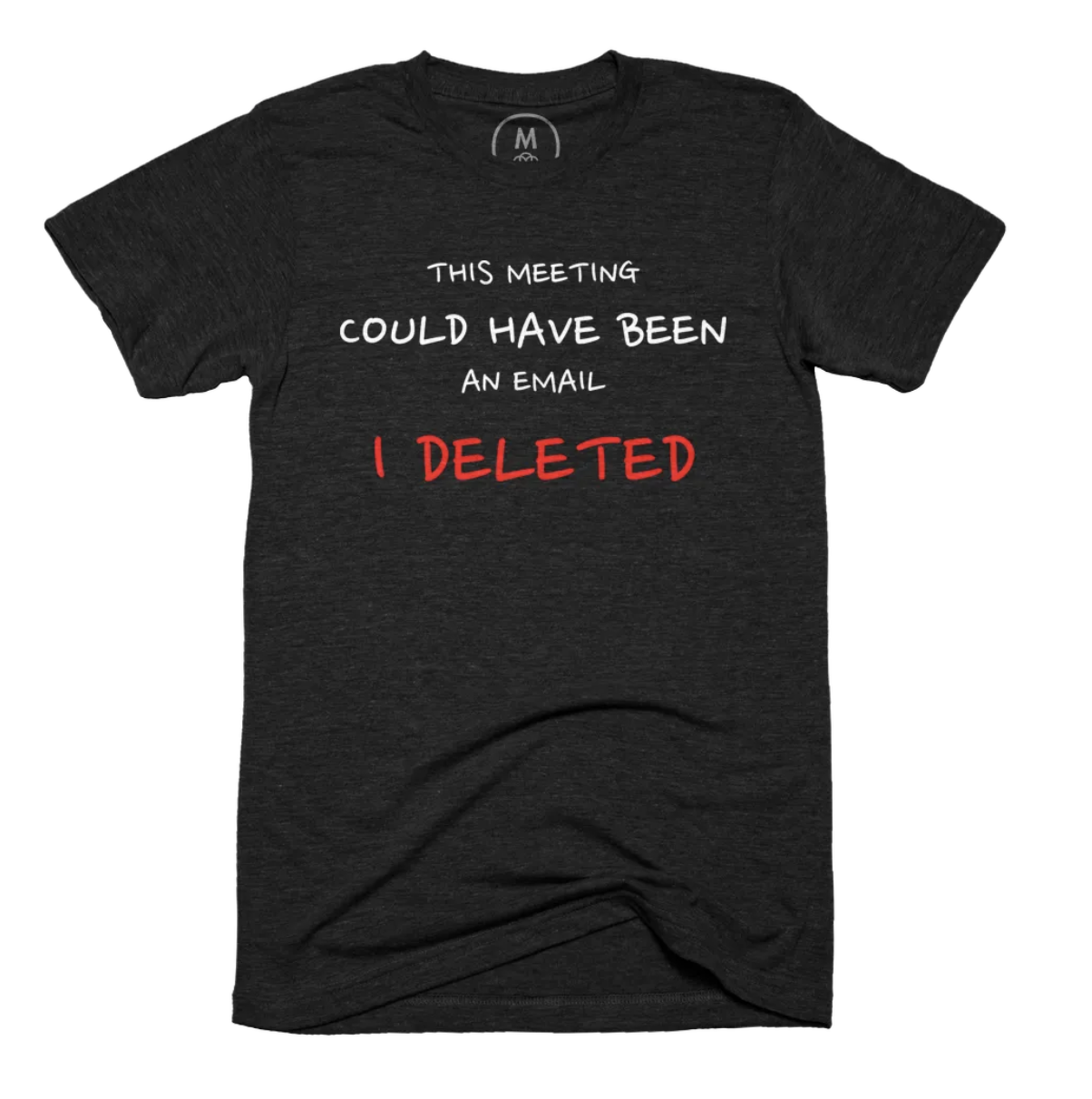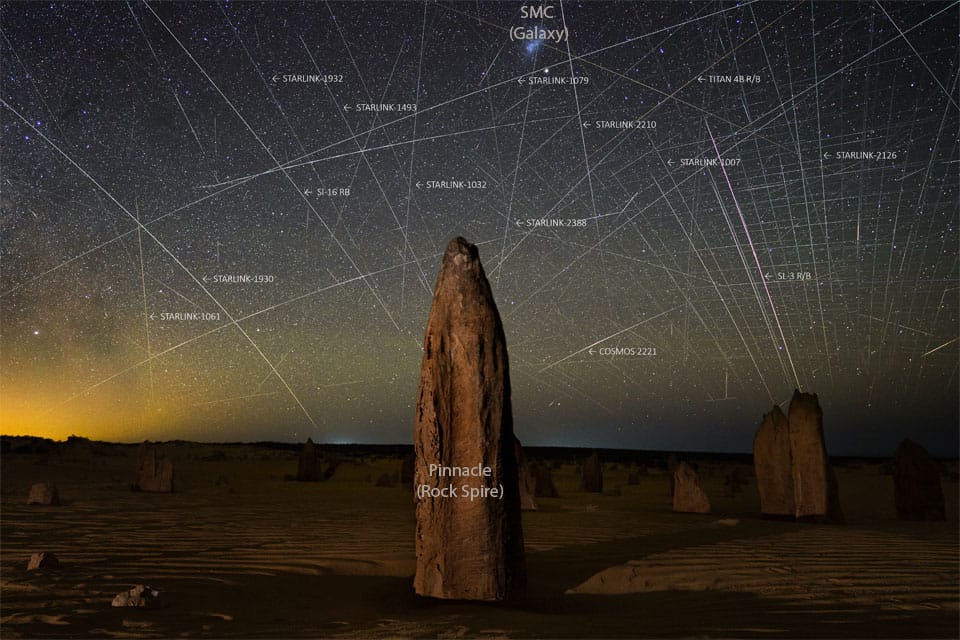Maximum Viscosity
“There is rarely any joy in a frictionless space, so find your inner viscosity.” - Richard Siken, Crush

I've been working on this post for a few weeks, pecking away at it whenever I've had a few spare moments. Yesterday, I commented that I need to get back into the daily writing habit, as I've noticed an increase in my stress without having that creative release of getting things off my mind. So, there may be more, shorter ramblings soon as I try to get back into the habit.
Anyhow, a few weeks back, I was having a coffee club meeting with a few friends, and Courtney Kissler referred to the concept of organizational viscosity.
Velocity is a largely meaningless "measurement". It's relative, it's based on estimation (which we are all horrible at), and it's subject to all kinds of external forces that impact teams.
A much better thing to measure are the forces hampering our teams from delivering. I like to think of this as viscosity. In science, viscosity is a measurement for how fluid a liquid is. Water flows faster and easier than honey. Similarly, our teams will go as fast as they are capable of. The real issue is finding what is slowing them down.
Since then, I've been thinking a lot about this in both work and life settings and have been noodling on various ways to determine and fix significant bottlenecks in multiple areas of both work and life. I experimented with verbalizing it at a work meeting and also threw out the idea to LinkedIn and it piqued some interest; so I figured I would write more about it here.
As I started to verbalize this, I found it interesting that everyone I've talked to about this idea of viscosity is in a similar state of having an overwhelming consistent feeling of swimming upstream. So instead of noodling about more significant things like one's place in the universe (as I often wander to), I'll jot down a few things I've been thinking about 'the things that get in the way' of viscosity in general — warning: your mileage may vary.
According to our friend Webster, you will find one definition of viscosity as the property of resistance to flow.
As an exercise, I worked with a few folks to map out 'what gets in the way of flow' with one of my teams - and, I'm sure anyone who works in a large organization discovers, there is a ton of manual processes/interactions/policies and checkpoints to get software from development to production. We came up with almost 60 interactions (primarily manual) to ship something; in that case, the work then becomes clear: introduce systems or automation to cut back on manual work.
Focusing on speed, counterintuitively, can also be a trap: increasing velocity doesn't mean you're improving anything (and I'll save my rant on the code quality of LLMs for another time). I'd suggest other qualitative metrics for measuring productivity or quality. But for now, let's stay with this idea of flow and friction.
Bob Sutton's newest book, "The Friction Project", offers to 'teach readers how to become friction fixers, so that teams and organizations don't squander the zeal, damage the health, and throttle the creativity and productivity of good people.' It's a great read:
Friction can be both bad and good: Not everything ought to be quick, easy, and frictionless. Activities that involve good friction include developing deep and trusting relationships, making complex and irreversible decisions under uncertainty, and doing creative work that's messy, inefficient, and failure-ridden (if you're doing it right!).
Most suffer from addition sickness: the unnecessary rules, procedures, communications, tools, and roles that seem to inexorably grow, stifling productivity and creativity.
The first step is to do a good-riddance review to identify obstacles that can and should be removed. The next step is to employ subtraction tools to eliminate those.
Leaders often have a limited grasp of their 'cone of friction' — how their actions and decisions burden others. Part of the reason for such friction blindness, is that when people feel powerful, they tend to focus more on what they need and want and less on the challenges and inconveniences faced by others (especially people who are less powerful than they are).
That's where I'm landing right now as I explore this space: allow yourself the freedom to expand your cone of friction when trying to increase viscosity. Marc Brooker's post, 'Getting Big Things Done', has some great thinking around implementing new systems:
- Is it the right solution?
- Is it the right problem?
- Engage with the doubters, but don't let them get you down.
- Meet the stakeholders where they are.
*- Build a team to solve the problem. (this includes checking in with your board of directors) *
- Be willing to adapt - You will learn, at some point into doing your big project, that your solution is bullshit. You completely misunderstood the problem. You may feel like this leaves you back at the beginning, where you started. It doesn't. Instead, you've stepped up your level of expertise. Most likely, you can adapt that carefully-considered solution to the new problem, but you might need to throw it out entirely. Again, write it down. Be specific. What have you learned, and what did it teach you? Look for things you can recover, and don't throw things out prematurely.
I'm not done with this idea of viscosity, but I'm enjoying the rabbit hole it's been taking me down. Just calling it out and bringing awareness to the current state of things and how they can be improved is the beginning of the groundwork to articulate a vision for change. While cultural transformation may be the critical part of the change, empowering people always fosters new ideas about where innovation can occur.
At least, I feel more energized by the general idea of disrupting the status quo, mapping new courses, and setting the compass for something better than when you found it. More to come, for sure....
If you enjoy these posts, you can buy me a coffee ☕️, check out my store or just share my work. If you'd rather just keep up with my daily ramblings, follow me via your favorite RSS reader, via Mastodon or keep reading my posts on this blog. Your support is much appreciated!
Shopping 🛍️
We all experience the same frustration: too many meetings. All too often, people want to gather when they could easily have covered the topic in an email.
But wait - how many emails do you get a day? 100? 150? Email doesn't seem a plausible solution.
Here's a new shirt to celebrate traversing a different path.

Exploration 🧭
In the Astronomy Picture of the Day, it's a sad view of what we've done to the night sky.
"Almost all the satellites you can see with your eyes now are Starlinks"

To Watch 📺
Quotables 📚
“There is so much going on in conversation, on so many levels — physical,
sensory, psychological, emotional, even metaphysical. It is so complex
that it is amazing it works at all, and yet it does, in myriad ways.
Exchanging information is only part of it. Conversation generates
kaleidoscopic patterns that serve many purposes: we use it to think (and
feel) together; develop relationships; play around; discover and learn;
challenge authority; test and flesh out ideas; build worlds and forge
identities. It goes to the heart of who we are. Conversation allows us to
bridge the unfathomable gap between one experience of being human and
another.”
— "Do Conversation — There is no such thing as small talk" by Robert Poynton
Articles Worth Reading / Link Rot 🧠
Here are a few random findings that I thought would be interesting to share. Since it's been a bit, I'm going to just do a dump of things sitting in my "thats interesting" pile, throw some categories on and let you pick out what tickles your fancy.
Thinking 🤪
Huh. 👽
- All of U.S. History Has Taken Place in One Plutonian Year
- The Lindbergh Baby Kidnapping: A Grisly Theory and a Renewed Debate
Games 🎱
- The Times’ New Word-Search Game Is Genius (side note: I'm totally addicted to Strands now).
Tech 📟
- On quality software
- Tech has graduated from the Star Trek era to the Douglas Adams age
- ASCII Theater
- We’ve Forgotten How to Use Computers
- Enshittification as Overproduction in Software, Part 1: Seeing Overproduction
- Kara Swisher: How Silicon Valley Tech Bros Ruined Media
Privacy 🕵🏻
- How the Pentagon Learned to Use Targeted Ads to Find Its Targets—and Vladimir Putin
- Dozens of data brokers disclose selling reproductive healthcare info, precise geolocation and data belonging to minors
- They thought they were doing good but it made people worse: why mental health apps are under scrutiny
Life 🫶🏻
- When It’s Not Fun Anymore
- A unified theory of fucks
- Five Ways to Make the World a Better Place
- Getting Unstuck After an Unexpected Life Change
- The best self-help book advice distilled to 11 simple rules
- Neatnik Notes and The power to not
- Just Do What You're Excited About
- Navigating ambiguity.
- Social, I love you, but you’re bringing me down
- The Good Luck of Your Bad Luck: Marcus Aurelius on the Stoic Strategy for Weathering Life’s Waves and Turning Suffering into Strength
- Creative writing can improve your overall wellness and mental health, research shows
Oddities 🤔
- Eight Friends Built a Secret Apartment in a Mall and Hid There Undetected for Years
- A mountain of used clothes appeared in Chile’s desert. Then it went up in flames.
- The Pandemic’s ‘Ghost Architecture’ Is Still Haunting Us
Recommended 🎸
I'm a bit late with this one, but I've really been enjoying Billy Joel's latest, Turn the Lights Back On.
A compelling use of Generative AI (from Deep Voodoo) for rendering him at various points of his epic career.
Be well. ✌🏻
